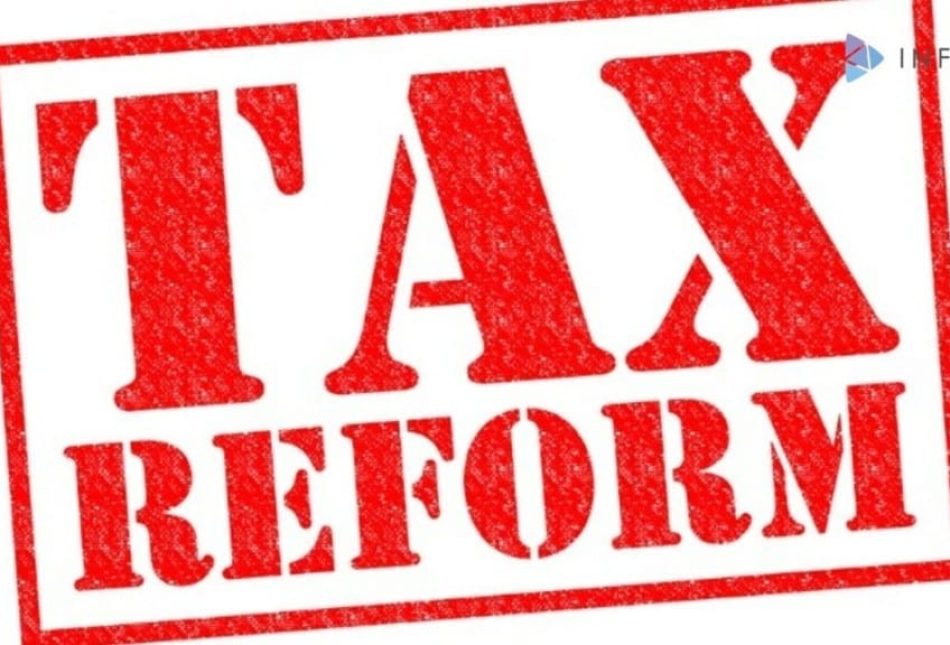Principles and Options for Successfully Reforming New Mexico’s Tax Code

(Albuquerque, NM) – Tax reform is shaping up to be a top issue during the 2018 legislative session. The Rio Grande Foundation has supported the basic concept of reducing rates and removing exemptions from the gross receipts tax (GRT) as outlined by Rep. Jason Harper, but there are other options including a “tax reboot” plan put forth by Sen. Bill Sharer or simply doing nothing (to name just two).
Dowd Muska and Paul Gessing address tax reform in a new policy brief, “Reforming New Mexico’s Tax Code Principles and Options for Success” How does New Mexico’s tax burden stack up against its neighbors? Should the Legislature simply raise taxes to solve state revenue issues?
Also, how do New Mexico’s various tax rates and burdens (on incomes, property, and excise taxes on consumer goods) compare to other states? Given New Mexico’s economic woes, how obvious is it that the GRT drives many of our State’s economic challenges? If the GRT is a leading cause of our woes, what causes the problems?
How does the process of “pyramiding” negatively impact our State? Could the current system be costing New Mexico millions of dollars in tax revenues?
Lastly, how do the various reform options stack up both in terms of their economic impact as well as their political chances of being adopted in politically-split Santa Fe?
Said Gessing, “The US economy is strong and growing quickly. Federal tax reform could bring the strong economic growth our country has not seen for decades. Combine that with long-overdue reform of New Mexico’s broken gross receipts tax the Land of Enchantment could at last shake loose of its decade-long economic malaise.”
With the Legislature having allocated $400,000 to fund a study on the issue (despite budget challenges), there is clearly significant bi-partisan support for reform. The major question is how. Rio Grande Foundation urges the Legislature to consider real, revenue-neutral reform of a GRT that hinders New Mexico’s economic growth. The information in this brief will be a useful contribution to the discussion.
